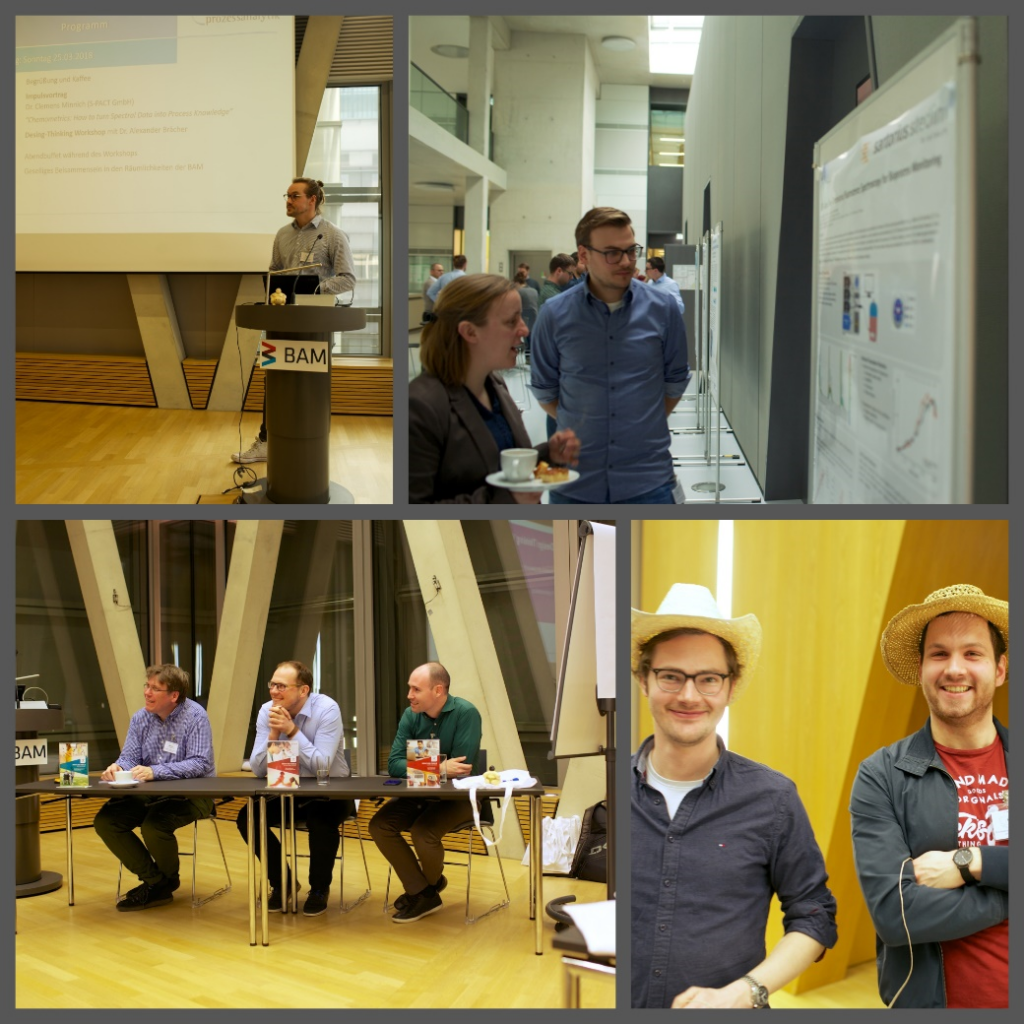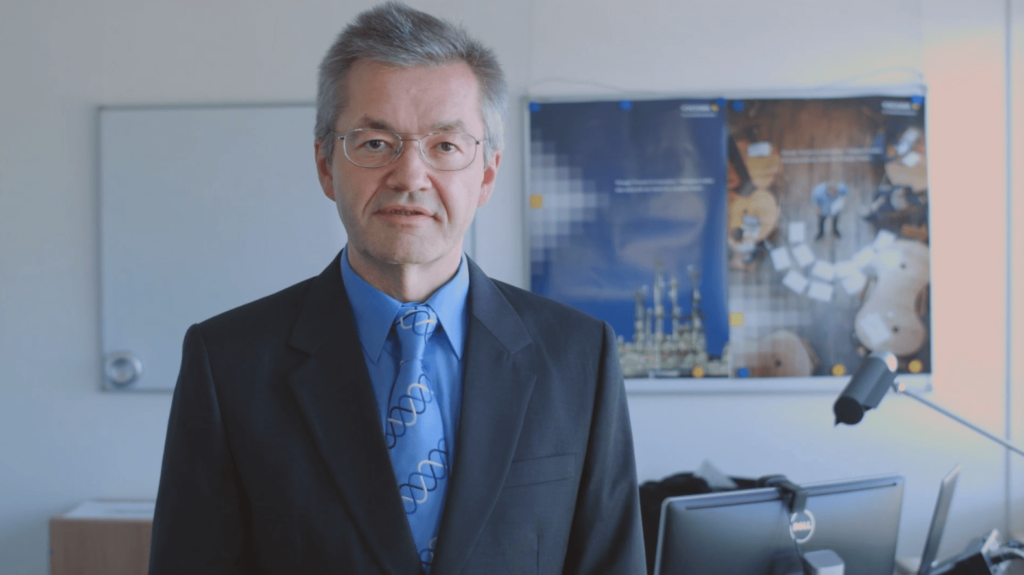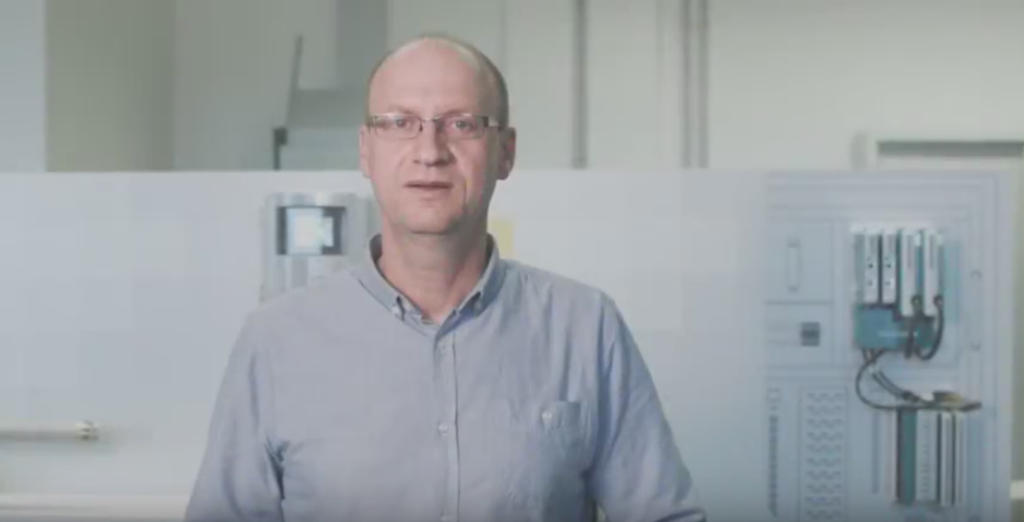As a member of the PAT working group (WG-PAT), I’m always very interested in the group’s activities. The seminar for doctoral students is one of them. I was unfortunately unable to attend the latest in this successful series, but I did receive plenty of feedback. The main insights gained are summarized in the following.
As usual, this year’s seminar for doctoral students was absolutely consistent with the WG-PAT philosophy. It was a dialog between various participants from research, industry users and manufacturers with the emphasis on verticality. In other words an exchange of ideas and experiences between seasoned professionals and academic novices. The common thread shared by all of them was “multivariate data analysis” – one of the core issues of modern spectroscopy.
Making room for different perspectives is a key priority for WG-PAT – and hence also at the seminar for doctoral students. The seminar began with a presentation by a manufacturer on the relevance of spectral analysis for process monitoring.
Presentation on “Design Thinking”
In a user presentation on “Design Thinking” by a representative of the large-scale chemical industry, not only manufacturers but also users were urged to think deeply about sensor design. The creative potential that is stimulated by design thinking was revealed to participants as they analyzed their own projects.
In another presentation by a large corporation in the chemical industry, the use and role of spectroscopy and chemometrics in practice were discussed.
The combined potential opened up by spectral analysis, creative sensor design and practical requirements reflects the full breadth of PAT. It provided ample food for thought at the evening event and also inspired one or other of those present to consider their professional future in PAT.
The experience of another contributor, who reported on the outset of his career in the chemical industry and described what can happen when serious problems arise, added further weight to the arguments. For those planning to take this step very soon, it was an altogether relevant subject.
Four awards
Information was also exchanged in the opposite direction: participants who have been preparing to enter professional life were invited to showcase their work with a presentation or a poster. Prizes were awarded to the following four students in this connection:
- Presentation prize: Jens Claßen (University of Hanover)
Title: “2D fluorescence and UV / Vis spectroscopy for in-line bioprocess monitoring of apoptosis and necrosis in CHO cell cultivations”
- Presentation prize: Katharina Dahlmann (University of Hanover)
Title: “Online monitoring of the cell specific oxygen uptake rate in CHO cell cultivation using a soft sensor in an STR”
- Presentation prize: Peter Werner (University of Potsdam)
Title: “Influence of the mass fraction and the heating and cooling rates on the flocculation process of PNIPAM particles”
Poster prize: Jan-Ole Kühn (Thyssenkrupp)
Subject: “Rheological and chemical analysis of multiple-phase polymer blends”
Excellent choice of venue
The Federal Institute for Materials Research and Testing (BAM) deserves thanks not only for the excellent choice of venue and the appropriate setting but also for the interesting tour which was organized of Adlershof Technology Park.
The different perspectives and the evidently relaxed atmosphere at the seminar for doctoral students were clearly conducive to strong motivation, constructive networking and general satisfaction with the event. And the evening program was just as well received as the daytime agenda.
You can find a report by WG-PAT here:
I’d like to wind up with a personal recommendation. The Process Analytics Working Group Conference – with its trialog of researchers, industry users and manufacturers – covers an equally broad scope and will provide another great opportunity to exchange ideas and experiences and build up networks. It will be held this year in Hanover from December 3 to 5. Incidentally, you will also have a chance to exchange ideas and experiences there with us, the Yokogawa team. More information: http://arbeitskreis-prozessanalytik.de/veranstaltungen/herbstkolloquium/




